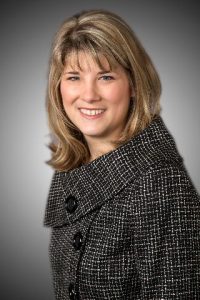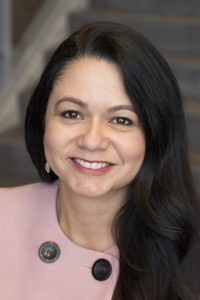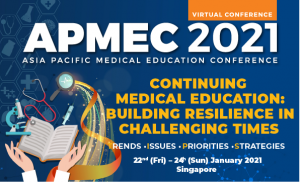Written by Mark Slivkoff, PhD
Title
Navigating the Effects of COVID-19 on the 20-2021 Residency Application Cycle
Presenters
Maya M. Hammoud, MD, MBA
Professor of Ob/GYN
University of Michigan
Versha Pleasant, MD, MPH
Fellow, Department of Ob/GYN
University of Michigan
Keli Santos-Parker, PhD
4th Year Medical Student
University of Michigan
In this final presentation of the mini-Fall series, the focus turned towards graduate medical admissions, towards residency applications. All three presenters were from Michigan Medicine, at the University of Michigan.
They discussed the implications of COVID-19 on the residency cycle and outlined some actions applicants and programs can take to mitigate harmful effects.
Dr. Hammoud began the webinar. She first discussed how COVID has affected and will potentially affect the applications, screening, interviews and post-interview processes. The Electronic Residency Application Service (ERAS) will still be utilized, but the timelines for submission have been altered with applications being accepted by program directors now on October 21.
The number of applications continues to rise as well, which poses additional challenges since applications outnumber residencies. Full applications will still be viewed, but Step 2 scores and/or letters of reference may be absent or delayed. Again, the reduced timeline and increased number of applicants could prove problematic. Program directors are very concerned about not being able to complete holistic reviews of each applicant.
Interviews will be done virtually, which presents more challenges due to technology that has to be learned, and to the lack of face-to-face interaction which makes it very difficult to rank candidates. There is concern that program directors will be more apt to rank their own students higher.
Overall, Dr. Hammoud emphasized that the current pandemic is amplifying problems already inherent in the residency application process. She and others have recently published a paper in the Journal of the American Medical Association (JAMA) which addresses the following proposed changes to the process:
- Adjust the residency application timeline
- Modify application requirements
- Encourage holistic review
- Limit the number of applications
- Expand program information available to applicants
- Improve the quality of information programs receive
- Temporarily make exceptions to the NRMP all-in policy
- Cap the number of interviews a student can accept
- Implement preference-signaling mechanisms
Dr. Hammoud concluded by calling for all interested stakeholders to check out the recent guidelines for their specialties, available via the American Association of Medical Colleges (AAMC): https://students-residents.aamc.org/applying-residency/article/specialty-response-covid-19/
Dr. Versha Pleasant continued the webinar with a discussion of virtual experiences and the impact on underrepresented medical students during COVID-19.
She first discussed the American Medical Association’s guidelines regarding underrepresented students and residents during COVID-19. They highlight in their report (https://www.ama-assn.org/delivering-care/public-health/protecting-underrepresented-students-and- residents-during-covid-19) the following:
- COVID-19 impacting all areas of society but not equally
- Additional stressors of structural racism
- Disruptions from COVID-19 amplify underlying inequalities
- Responsibility of AMA to advocate for all medical students; reverse the historic active exclusion of racially marginalized groups (specifically Blacks, Latinx, Native Americans)
Some of this education inequity, she continued, involves the shift to virtual platforms which requires access to technology and dedicated spaces. Loss of enrichment opportunities including shadowing, research, and global experiences is also concerning. Furthermore, there are geographical inconsistencies to consider as well, plus limitations in obtaining letters of recommendation and away rotations. She emphasized the potential weathering that takes its toll on underrepresented minorities.
To address these issues, the University of Michigan hosted a workshop in August of this year to highlight their culture. They had a 90-min session dedicated to sharing the culture with an emphasis on diversity and inclusion. Underrepresented minority (URM) members of departments were represented and experiences were shared. There were about 90 participants with 26 URMs (Black, Latinx, Native American). They plan on following up with a leadership conference.
Dr. Pleasant concluded her portion of her talk by reiterating that the new climate has required us to be flexible and creative, and despite these changes, we must remain committed to diversity and equity.
Dr. Santos-Parker, a current medical student at the University of Michigan who is currently applying to residencies, concluded the webinar with a focus on student perspectives.
Unfortunately for residency applicants this year, he explained, the pandemic has coincided with the normal process and timing of selecting residencies, identifying mentors, and attending conferences.
Dr. Santos-Parker explained the usual stressors of the application process and placed additional emphasis on the challenge in securing away rotations which are used to demonstrate an applicant’s preference for a residency. He spoke of innovations such as virtual events that are helping to fill this component of the application process. Other preference-signaling mechanisms include token systems and limiting the number of applications and interviews, all of which are currently being utilized by applicants.
He spoke of the advantages and disadvantages of virtual interviews. They save cost and time and are convenient, but they are much different than in-person social interaction, make it difficult for applicants to judge the local environment, and set the stage for the applicant and interview inflation.
Dr. Santos-Parker concluded by discussing that, ideally, applicants should apply only to the few programs of interest, but he recognized that there is always the dilemma of playing the odds and applying broadly. He noted that if everyone applies broadly, holistic review diminishes. He urged all applicants to apply intentionally, communicate with mentors, and promptly decline interview offers if not interested.
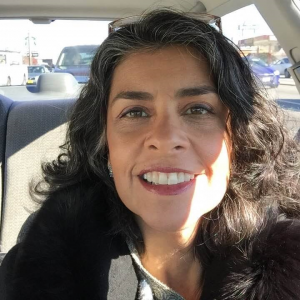
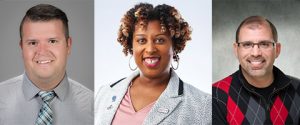
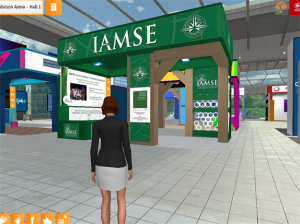 IAMSE display at AMEE 2020: The Virtual Conference
IAMSE display at AMEE 2020: The Virtual Conference